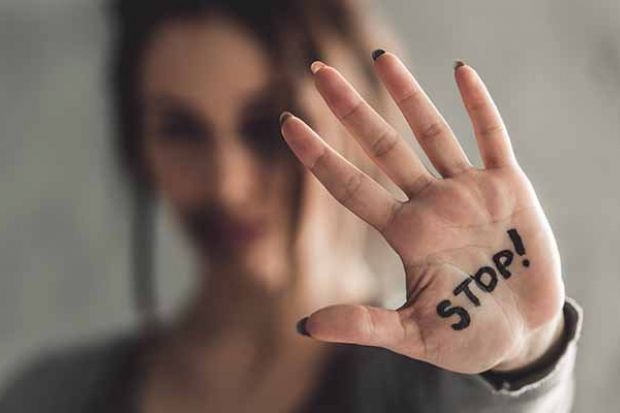Australian university residences are not providing adequate training to prevent sexual assault on campus, campaigners have warned.
Anti-sexual violence group Fair Agenda questioned 211 university residences asking what, if any, training they will provide to students and staff to prevent sexual assault ahead of the start of the next academic year.
Of the 148 residences that responded to the survey, 128 indicated that they would train all students in consent and preventing sexual violence this year. Of that number, just 93 indicated that the student training would involve experts from a sexual assault service, while 109 indicated that a sexual assault service would be involved in the staff training.
An even smaller number said that professionals from a sexual assault service would be involved in training all students (57) or all staff (84).
Commenting on the findings, Renee Carr, Fair Agenda’s executive director, urged students and parents to find out what training their residence was providing.
“Most new residents will spend hours in trainings and inductions in ‘O Week’ [Orientation Week],” she said. “That schedule should include training to prevent sexual violence. Things like: what it means to get informed and active consent; how to safely intervene if you think a friend might be unsafe; and also how to respond if a friend discloses they’ve been sexually assaulted.”
Ms Carr added that residences “should be getting professionally trained experts in to train their students and their staff, and doing everything possible to promote their students’ safety and well-being”.
Andrea Durbach, a professor of law at the University of New South Wales and author of On Safe Ground: A Good Practice Guide for Australian Universities, which offers recommendations to universities for dealing with sexual assault, agreed that delivering training by professionals was crucial.
“Evidence shows that education and training can help prevent sexual assault – if it’s done well,” she said. “That means: delivered by professionally trained experts, who have enough time and resources to canvass and discuss the issues properly, and who deliver at least some of that training face to face.”
The call follows last year’s survey of 30,000 students by the Australian Human Rights Commission that found that 6.9 per cent of students had been sexually assaulted in the past two years, with 1.9 per cent saying that the attack occurred in a university setting. However, when only female respondents were considered, the proportion who reported having been victims of sexual assault rose to 10 per cent.
In response, Universities Australia pledged to take “strong and swift action” to prevent sexual assault and sexual harassment with a 10-point action plan.
Initiatives included working with Universities Colleges Australia – a body for residential colleges – to provide access to first-responder training for residential colleges and halls of residence, and to “take their own action to support students in a compassionate and timely way”.
Register to continue
Why register?
- Registration is free and only takes a moment
- Once registered, you can read 3 articles a month
- Sign up for our newsletter
Subscribe
Or subscribe for unlimited access to:
- Unlimited access to news, views, insights & reviews
- Digital editions
- Digital access to THE’s university and college rankings analysis
Already registered or a current subscriber? Login








